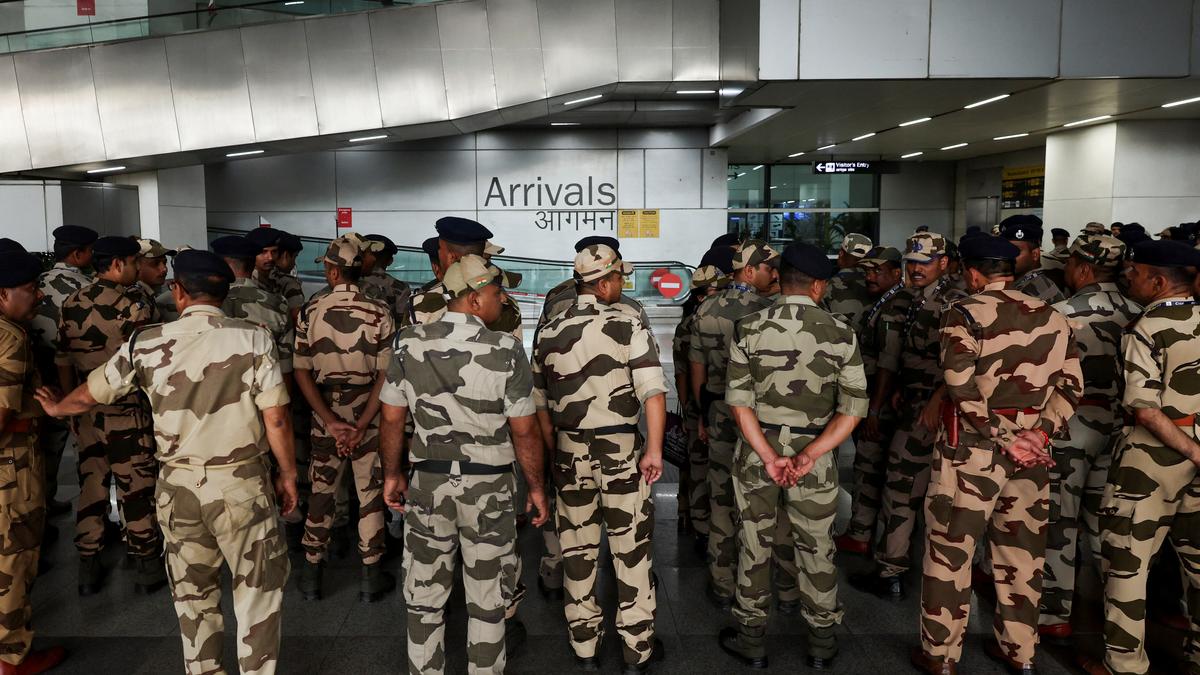The Union Ministry of Home Affairs (MHA) has approved the recruitment of 58,000 additional personnel for the Central Industrial Security Force (CISF) over the next five years, anticipating the development of new industrial hubs in areas currently affected by Left Wing Extremism (LWE). The move follows President Droupadi Murmu’s sanction to increase the CISF’s authorised strength from 2 lakh to 2.2 lakh.
With the present CISF strength at 1.62 lakh, the expansion will see around 14,000 personnel inducted annually. A senior CISF official said the new recruits will strengthen security in key sectors including aviation, sea ports, thermal and hydro power plants, nuclear installations, and high-security prisons in Jammu and Kashmir.
The geographical spread of LWE violence has reduced significantly over the past decade, from 126 districts across ten States in 2013 to 38 districts in 2024. With Home Minister Amit Shah setting a March 2026 deadline to end Maoist activities in Chhattisgarh, the government expects industrial growth in these areas, requiring enhanced CISF deployment.
The CISF recruited 13,230 personnel in 2024, with another 24,098 currently in process. Demand for CISF security has surged following Operation Sindoor, with 35 requests under process and nearly 100 pending from public sector units and private organisations.
Over the past year, the CISF has taken charge at seven new locations, including the Parliament House complex, Ayodhya airport, NTPC’s coal mining project in Hazaribagh, the National Institute of Virology in Pune, the Buxar and Jawahar thermal power projects, and the Beas Satluj Link project in Mandi.
Established in 1969 with just three battalions, the CISF today secures 359 critical establishments across India, providing integrated security to vital infrastructure and strategic projects.













